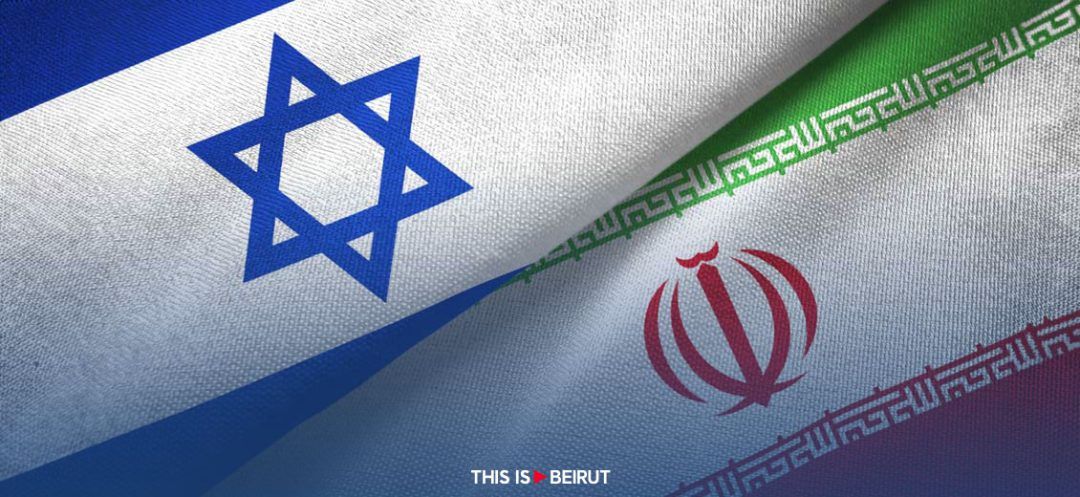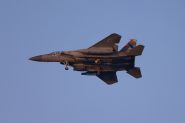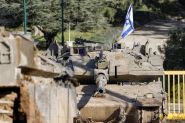
As Iranians claim victory, Israelis and Western officials, on the other hand, characterize the operation dubbed “Honest Promise” as a failure. Of the 300 or so drones and ballistic and cruise missiles fired by Iran towards Israel on Saturday night, 99% were intercepted, according to Israeli army figures.
This raises the question: Was Iran's response to Tel Aviv's April 1st attack on the consular section of the Iranian embassy in Damascus a flop, or was it a deliberately measured tactic?
“The significant development in this conflict is that Iran has directly hit Israel," stated former French military mission chief to the United Nations General Dominique Trinquand, in an interview with This is Beirut. "One cannot underestimate the number of missiles and drones fired at Israel from Iran, Iraq, Yemen and Lebanon, with strikes on the Golan Heights," he said, before specifying, "While technically, it may be perceived as a failure, largely due to the advanced American defense technology, it's undeniable that, symbolically, the Iranian attack carries significant weight.”
Also speaking to This is Beirut, Didier Leroy, a researcher at the Royal Military Academy of Belgium, believes that "we have crossed a qualitative threshold that changes the dynamics and repositions Iran on the map as an active military player." Therefore, according to him, it is no longer a matter of a "proxy war," but rather a " direct historical attack launched from Iranian soil."
On the other hand, considering Israeli figures indicating that 99% of the missiles were intercepted, the remarkable effectiveness of Israel's air defense system comes into sharp focus, despite the strong backing of the United States, Britain and Jordan. As Leroy points out, this dynamic suggests that "Israel is now less isolated than it was earlier on, due to the explicit and effective collaboration among these key players."
For his part, Fadi Assaf, co-founder of Middle East Strategic Perspectives, believes that from a purely technical and military perspective, the operation was a failure: "All drones and cruise missiles were intercepted before reaching Israel, and only 7 out of a total of 110 ballistic missiles managed to hit Israeli soil," he explained.
"However, a deeper strategic analysis cannot overlook the fact that Israel benefited from a favorable geopolitical situation, enabling the formation of an ad hoc coalition coordinated by the United States, which contributed to this success, at least partially," he continues. According to him, "This alignment of factors favoring Israel is not permanent, leading us to contemplate or anticipate a future scenario where the pro-Iranian axis would renew its attack, armed with more advanced technological and operational capabilities, and in a geopolitical context that could make it more challenging for American and Arab support to rally behind Israel."
Could this carefully well-orchestrated attack by Iran, which notably refrained from targeting American interests as previously agreed upon, rather than Israeli ones, be perceived as another maneuver in the negotiation process between Tehran and Washington? Will Israeli Prime Minister Benjamin Netanyahu's reactions be tempered?
Read more



Comments